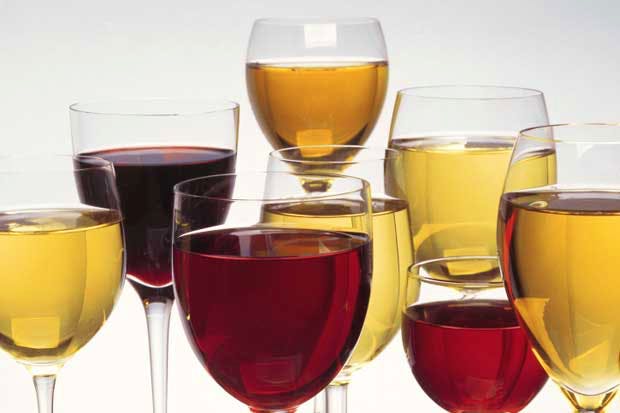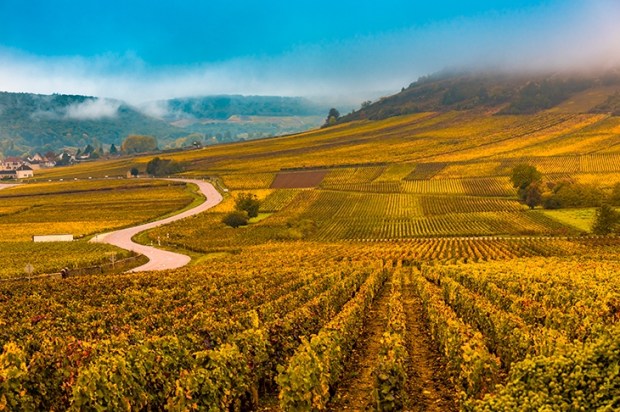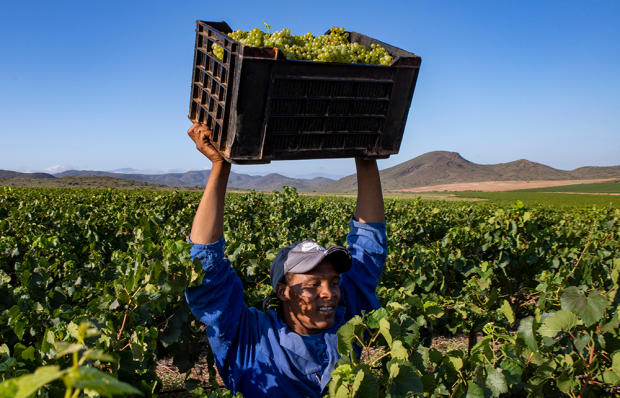‘There lies the dearest freshness deep down things’ — and also the dearest Frenchness. It is easy to be rude about the French governing elite; indeed, it is impossible to be polite about them. But there is a France profonde, with a deep-rooted identity, like gnarled, ancient vines. There are said to be nearly 400 French cheeses; la France profonde has at least as many capitals, where things are done in the old way, with a combination of commercial realism, ancestral piety and devotion to the terroir.
You will find all that in Gevrey-Chambertin, a modest, confident and enchanting little town, in which history is now, and Burgundy. This is especially true at the house of Pierre Bourée, which has been mentioned before in this column, in a vain attempt to do justice to the commitment which is devoted to the craft. ‘Justice’ is an appropriate word, for their Clos de la Justice is an excellent and deceptive wine. Balanced and harmonious, the 2013 was ready to drink now, but will last for 20 years. Today, the business is run by the Vallet family, descendants of the founding Bourées. In the past, I have paid Bernard Vallet some wholly inadequate compliments; I think that his wines are continuing to improve, from a very high base. Although the enterprise has only existed in its current form for 150 years, one might think that everything had been there for ever, which in a way it has. There is Roman masonry in the cellars. Men made wine here when Rome was still a republic and Caesar had not yet defeated Vercingetorix.
So, at least in the Bourées’ vineyards, Hopkins would have been wrong to complain that ‘generations have trod, have trod, have trod/ And all is seared with trade.’ The treading yes; the searing, emphatically no. This is treading — and trade — in the service of civilisation; a Burkean compact between the dead, the living and the as yet not old enough to drink wine: an annual renewal of the landscape and winescape, like the rebirth of Horus. A wise sun god might well decide to settle in Burgundy.
Kipling understood this better than Hopkins. Gardens need people who are good at ‘grubbing weeds from gravel paths with broken dinner knives’: need gardeners who earn their beer with the sweat of their brow. He does concede that ‘some are hardly fit to trust with anything that grows’, a charge which has been levied at me. I have tried to rebut it with some paraphrased Milton: ‘They also serve who only stand and admire.’ I also point out that I am good at picking strawberries. Is that being fit to trust?
Plenitude leads on to Bernard Vallet’s Bourgogne Blanc 2013, a wine which exudes it. This is an annual rebirth as reliable as the Nile. The bottles are always fresh and joyous. They make one think of pretty, flirtatious farm wenches giggling as they bring out refreshments to the grape-pickers. It is a minx — a Zerlina — of a wine.
We moved onwards and upwards, to Bernard’s Beaune 1er Cru Les Epenottes, followed by the Mazis-Chambertin 2009 and the Latricières-Chambertin 2002. These are serious wines and it would be a very lucky and spoiled little minx who was allowed near them. All were superb examples of premier cru burgundy. They are ready now but there is no hurry to drink them. Bernard has mastered the art of making long-lived pinot noir. His endeavours deserve a new appellation, from a lost Shakespeare play: Love’s Labours Found.
On the matter of ageing, I have just helped to polish off a couple of bottles of 2000 Talbot, a name from the days before France was a failed state. They were surprisingly far forward, but will also last for many years. So let us bring back British Gascony and ducal Burgundy, for a full flowering of la France profonde, in eternal rivalry under good government.
Got something to add? Join the discussion and comment below.
Get 10 issues for just $10
Subscribe to The Spectator Australia today for the next 10 magazine issues, plus full online access, for just $10.















Comments
Don't miss out
Join the conversation with other Spectator Australia readers. Subscribe to leave a comment.
SUBSCRIBEAlready a subscriber? Log in